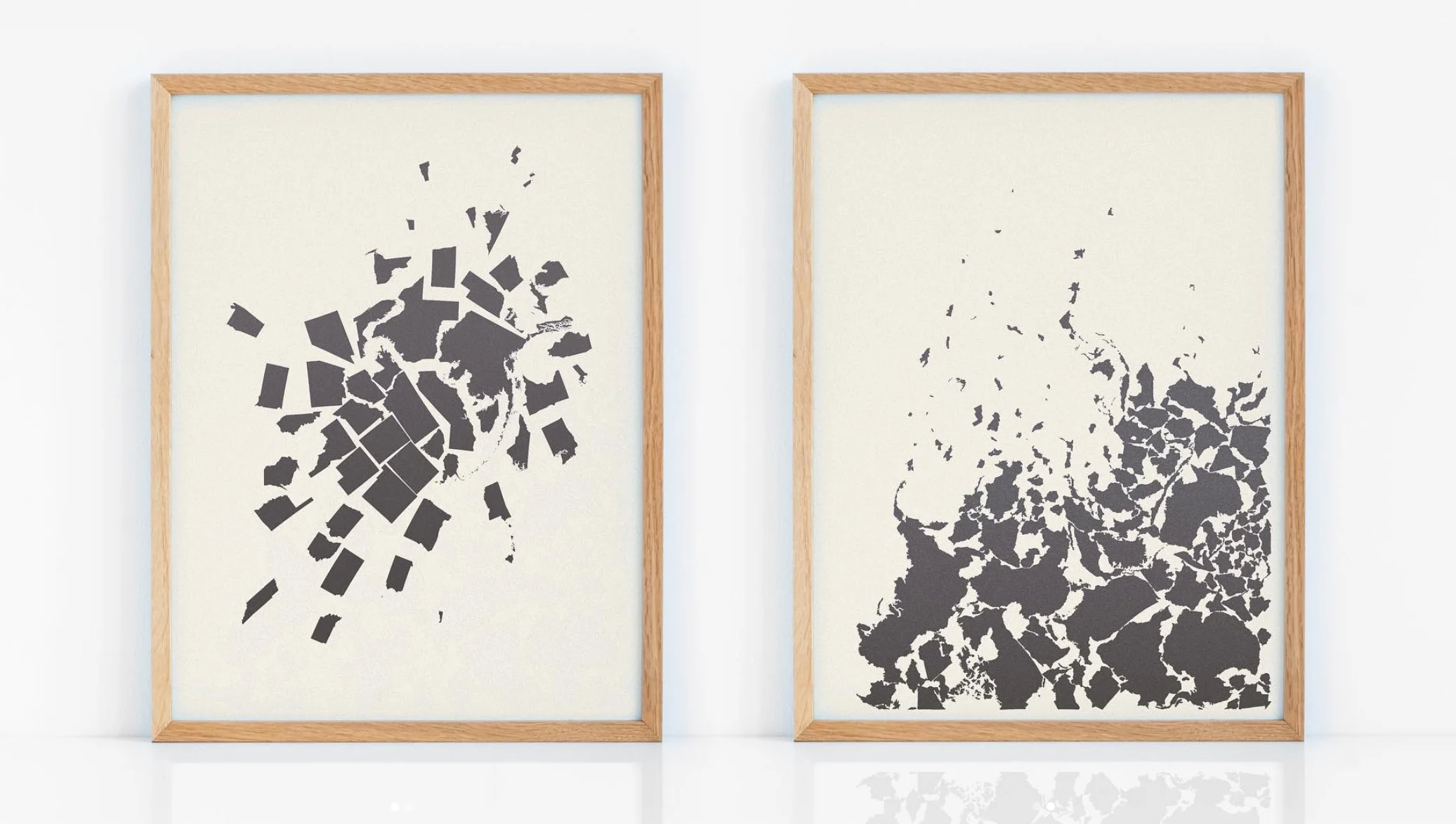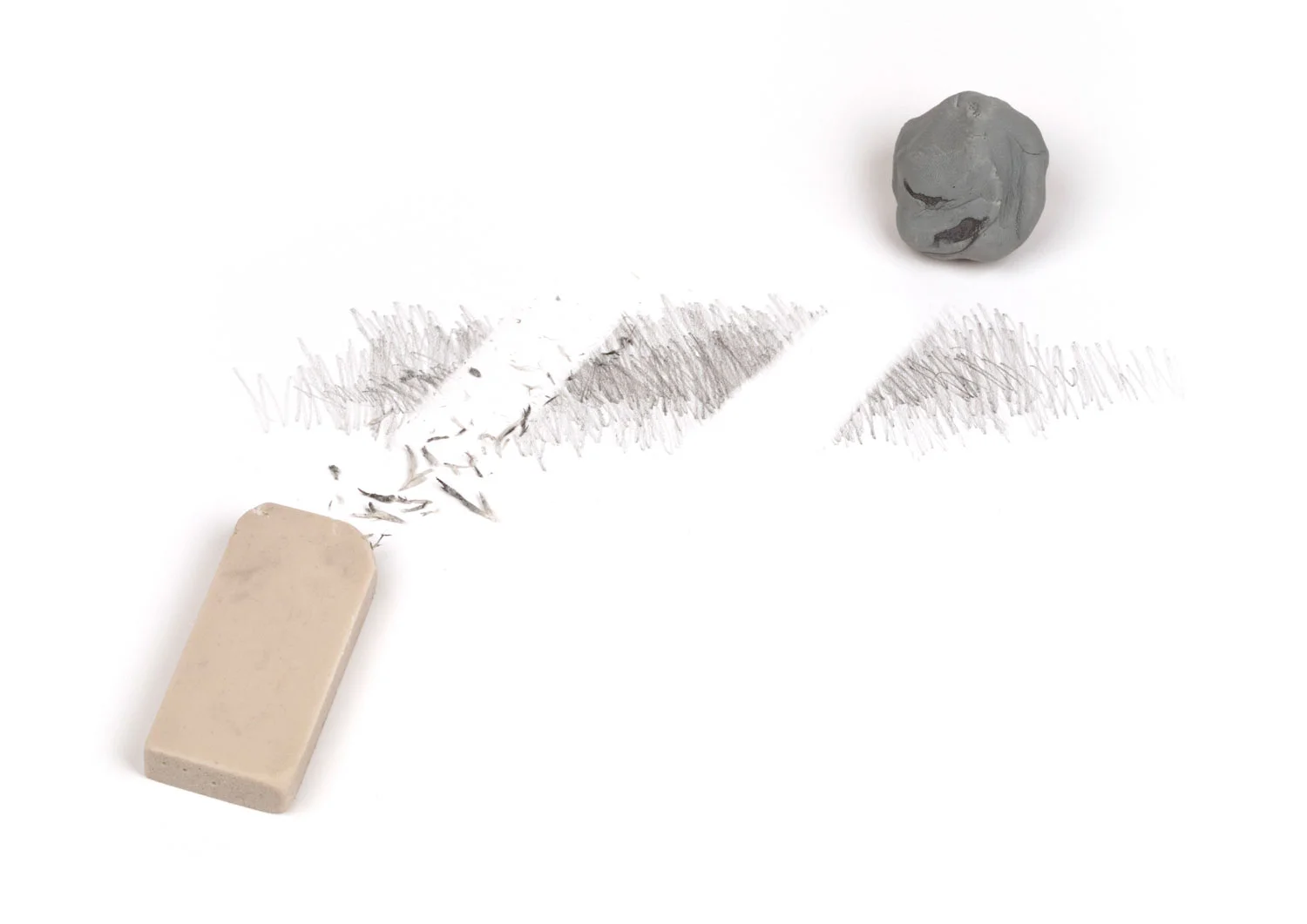I’ve always had a thing for maps. Post Typography’s Bruce Willen and Nolen Strals speak of maps beautifully:
We've both been in love with maps since childhood. Maps represent exploration and possibility, but also depict specific (biased) ways of viewing the world. Geopolitical states are artificial constructs, but they define the literal limits of our opportunities and experiences. In our era of political, technological, and climate tumult boundaries and borders are increasingly symbolic and rapidly shifting.
When I learned about the limited-edition letterpress collaboration between Post Typography and the Aesthetic Union, I could hardly wait to place my order. These re-imagined maps of the United States and the world captivated me.
When the maps arrived at my home, however, I realized that I had only been enjoying a piece of these objects — the digitized, visual representation.
In holding the actual prints… the objects themselves… the work came to life in a new way. The physicality of the paper. The three-dimensional witness marks of the letterpress process. The scale of the work as it relates to the size of my hands and my body.
These things aren’t evident when looking at a screen. They’re not palpable on an Instagram feed.
As with many works of art, being in its physical presence makes a difference. Hearing a live performance. Standing in front of a sculpture. Standing within a sculpture. These are experiences that are not matched through documentation.
In a world where we can see everything through a browser window, it’s easy to forget that the map is not the territory, and as I’ve just been reminded… the image is not the map.








